The session will allow you to discover WHR’s Quebec Strategy, its technical and economic potential as well as two innovative and daring projects.
This session will be offered in French and in English.
Thursday, November 21, 2024
Room 402 - Ministère de l'Économie, de l'Innovation et de l'Énergie

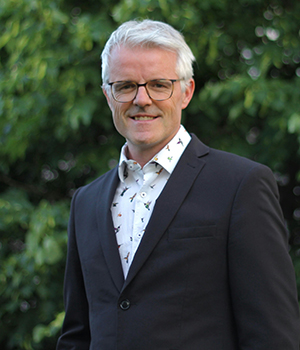
The session will allow you to discover WHR’s Quebec Strategy, its technical and economic potential as well as two innovative and daring projects.
This session will be offered in French and in English.
9:00 a.m.

9:15 a.m.
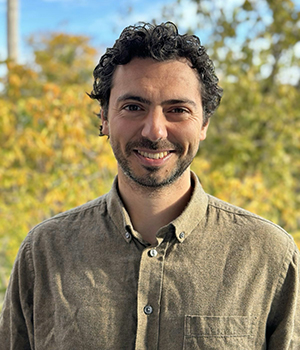
Polytechnique Montréal
Waste heat recovery (WHR) is a promising avenue in Quebec, where there is significant industrial activity and high heat demand for buildings and domestic hot water. This study aims to quantify these opportunities by assessing the technical and economic potential of WHR in the province. In a previous study, the amount of waste was estimated at 83.3 TWh (300 PJ), which represents 1.25 times the heating and domestic hot water needs of residential buildings in the territory. Using models of mixed-use neighbourhoods and agricultural greenhouses as heat consumers, this study was able to determine that, from a technical and economic point of view, approximately 21% to 37% of the deposits could be usefully recovered, representing 17.8 TWh (64.2 PJ) to 22.6 TWh (81.3 PJ). An exploration of the potential for waste water WHR, as well as the potential for electrical transformer substations to meet the heating needs of three future housing developments in Montreal, was also carried out.
9:30 a.m.
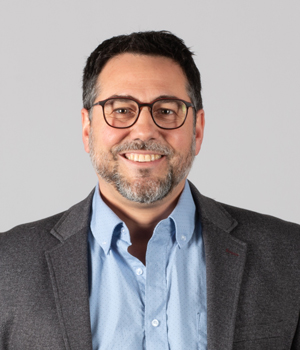
Ressources naturelles Canada
Despite optimal heat recovery in processes, some processes will still emit waste heat at relatively high temperatures that cannot be recovered by existing processes.
In these cases, it is important to consider the valorization of thermal waste to other nearby users. The use of Organic Rankine Cycles (ORC), which can convert this waste heat into electricity, is also a potential avenue to explore. Depending on the temperature level of the available thermal waste, the efficiency of converting heat to electricity can range from 12% to 30%.
To ensure maximum heat recovery from a specific process, it is crucial to understand the technical issues that may limit successful integration. In a context of intensive industrial decarbonization, it is important to prioritize no-regret investments in processes that will continue to exist in a carbon-neutral future.
9:45 a.m.
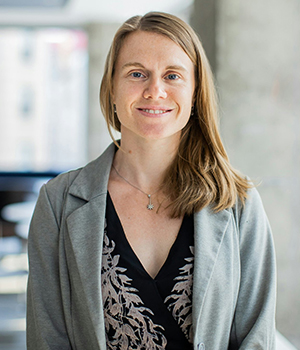
The Humano District project is a flagship example of technological innovation and sustainability. In addition to protecting the natural and cultural heritage, it stands out for the advanced technical design of its energy infrastructure. The emphasis is on the recovery of waste heat, which is reused to power a centralized energy network and reduce overall energy consumption.
To plunge into the world of Waste Heat Recovery (WHR), Laure Rochas will present the innovative design of the energy loop integrating heat recovery and centralized networks, guaranteeing efficiency and resilience. She will also explore the technological mix deployed in the early phases of the project.
In addition, a theoretical introduction to 5th generation energy loops will be offered, highlighting their operation and benefits. These advanced systems offer considerable gains in terms of energy efficiency and reduced greenhouse gas emissions. This innovative approach, implemented at Humano District, represents a modern vision of sustainability, where heritage and advanced technologies coexist to create resilient, energy-efficient spaces.
10:00 a.m.
10:15 a.m.
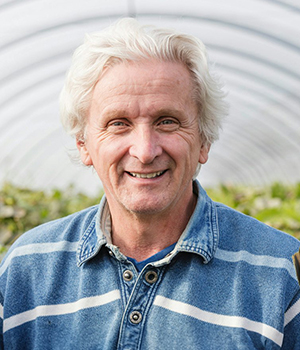
Les Fraises de l’île d’Orléans
A feasibility study carried out in partnership with QScale and Genika demonstrated the availability of energy (100 Mw) for the production of approximately 40 ha of greenhouses. Agricultural lands, electricity, natural gas, a large market for products and competent resources are available nearby. A detailed business plan was developed, environmental and engineering studies were carried out, then economic studies demonstrated the profitability of the project.
10:30 a.m.


Polytechnique Montréal


Ressources naturelles Canada

Services Immobiliers First

Les Fraises de l’île d’Orléans
11:15 a.m.